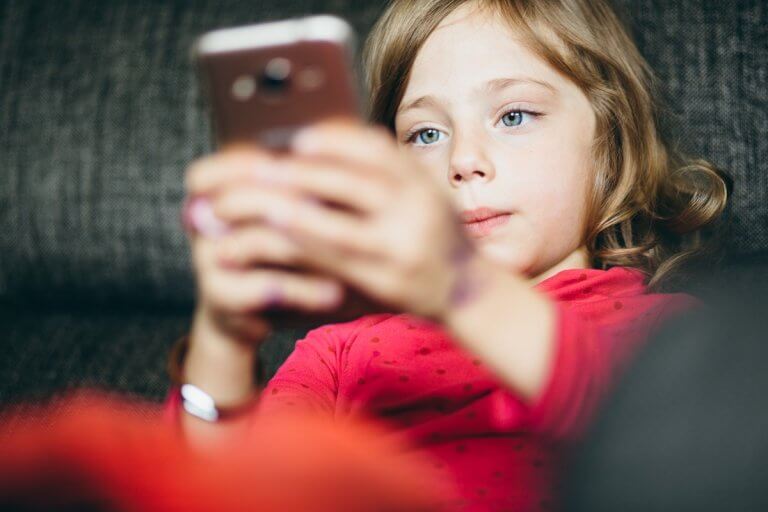
Does increased screen time on smartphones, tablets and video games negatively affect adolescent brain development?
This is exactly what scientists in the US are trying to figure out. The National Institute of Health has embarked on an ambitious study costing a whopping US$300 million which will see them following 11,000 children for a decade, according to 60 Minutes.
The study aims to understand how screen time impacts the physical structure of children’s brains, as well as their emotional development and mental health.
The report notes that the first wave of data from the brain scans of 4,500 participants “found significant differences in the brains of some kids who use smartphones, tablets, and video games more than seven hours a day.”
A lot of people ask me about screen time and my kids — and though this isn’t conclusive or definitive yet, worth looking at. “Heavy screen time appears to impact children’s brains: study” — regardless 7 hours a day is A LOT. https://t.co/2xuqy0JFYt
— marvin chow (@theREALmarvin) December 11, 2018
Additionally, preliminary results found that kids who spend over two hours a day on screens obtained lower scores on thinking and language tests.
Not much convincing research has been found on brain differences, The New York Times reported, adding that “results have been mixed, and sometimes contradictory.”
Meanwhile, speaking to CNN, Caglar Yildirim, Assistant Professor of Human Computer Interaction at State University of New York at Oswego, explained that various studies have shown individuals who score well on a questionnaire developed to gauge levels of smartphone addiction tend to avoid face-to-face interactions, have high levels of social anxiety and maybe even depression.
“It might effect your ability to work or study, because you want to be connected to your smartphone all the time. So if any of this applies to you, then it’s time to start looking at your behaviour and level of anxiety,” he said.
Another study found that teenagers with internet and smartphone addiction had “significantly higher scores in depression, anxiety, insomnia severity and impulsivity.”
Are studies on screen time use reliable?
Research on screen time has yet to reach a conclusion over its long-term effects on our brains, but critics argue that this may be partly due to a flaw of relying on self-reported measurements of phone use, which may not be accurate.
A study concerning smartphone use by Lancaster University asked 238 people to self-report data (e.g. how often people picked up their phones and how much time they spent on their devices) recorded by Apple’s Screen Time app.

Critics argue that studies on screen time use may not be reliable as they rely on self-reported measurements of phone use, which may not be accurate. Source: Shutterstock
The researchers concluded that “existing self-report instruments are unlikely to be sensitive enough to accurately predict basic technology use related behaviours. As a result, conclusions regarding the psychological impact of technology are unreliable when relying solely on these measures to quantify typical usage.”
Speaking to The Verge, David Ellis, lecturer in Computational Social Science at Lancaster University and one of the study’s researchers, estimates that some 90 percent of research on the field relies on self-reports.
“People are notoriously unreliable reporters of their own behaviour: people misremember, forget, or fudge their responses to make themselves look better,” said the report, adding how it’s a reasonable concern that people may not be accurately telling researchers how much time they’re spending on their phones.
So, are findings on heavy screen time and its impact on our health questionable? Are smartphones and other mobile technologies bad for brain development?
The results are inconclusive, and more time is needed to understand how technology impacts the brain.
Liked this? Then you’ll enjoy…
Smartphones in the classroom – yay or nay?
Students beware: Your smartphone could be damaging your education







